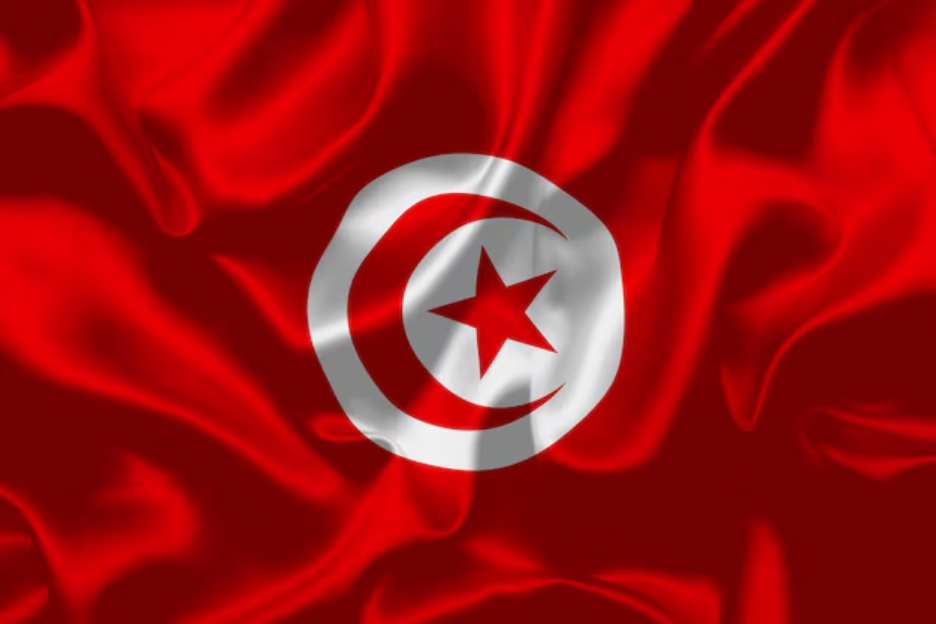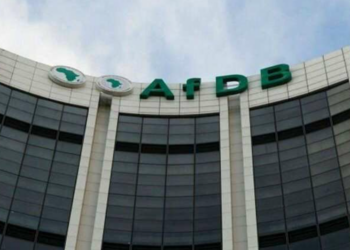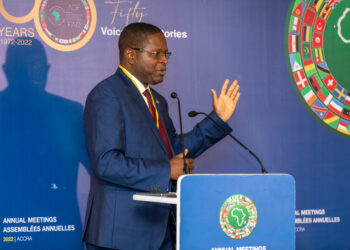Africa’s workforce is rapidly expanding, hosting the continent’s top 10 most populous cities.
It is driven by a young, urbanizing population that is increasingly demanding fair compensation and better living standards.
As millions enter the labor market over the next decade, wages have become more than a simple cost for employers.
They are a key measure of economic health, social stability, and purchasing power.
Despite holding promises and being home to some of the fastest-growing economies based on gross domestic product, understanding pay in Africa requires looking beyond nominal figures.
The real value of wages is shaped by purchasing power, which determines how far salaries go in covering essential goods and services, and purchasing parity, which enables meaningful comparisons of living standards across different economies.
In many cases, higher nominal wages may not translate into improved livelihoods if inflation, high costs of living, or poor access to basic services erode their value.
This context sets the stage for examining the top African countries with the highest minimum wages in 2025. These nations provide insight into where governments are prioritizing labor protections and economic resilience.
Their wage policies reflect both regulatory frameworks and attempts to align compensation with local purchasing realities.

Minimum Wage: $181
Tunisia’s economy in 2025 reflects both resilience and strain, with output expanding modestly against the backdrop of inflationary pressures and global uncertainty. The country’s nominal GDP is projected at $56.29 billion, translating into roughly $4,530 per capita. As of Q2 2025, Tunisia has an employed population of 3.6 million.
Growth remains fragile, with the IMF estimating real GDP expansion at just 1.4% this year, well below the levels needed to absorb new entrants into the labor market. Inflation, averaging 6.1%, continues to erode household purchasing power.

























How much costs the screwless dental implant here in Mauritius